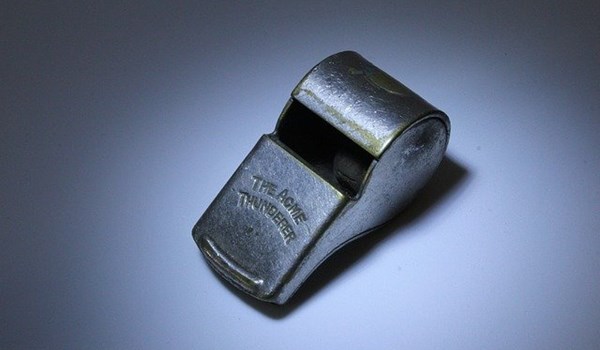Jurisdictions
Regions
Industry Sectors
24/08/22
UK: HMRC urged to boost payments to tax whistleblowers.

As published on ft.com, Wednesday 24 August, 2022.
HM Revenue & Customs paid whistleblowers less than £500,000 in its last financial year, prompting calls from tax specialists for the UK agency to bolster payouts to help clamp down on evasion estimated to cost the exchequer £32bn a year.
Andrew Park, tax investigations partner at the consultancy Andersen, which obtained the level of payout via a freedom of information request, said HMRC should adopt a similar approach to the Internal Revenue Service, its US counterpart, by “match[ing] greater incentives to report with greater resources to investigate and to process claims”.
The IRS pays whistleblowers up to 30 per cent of any additional tax, penalty and other amounts it collects as a result of tip-offs. The most recent data show that it paid out $36mn to 179 people that led to tax inspectors to collect $245mn in the 12 months to the end of September 2021.
HMRC does not publish the total amount of tax recovered from its fraud hotline, but its latest estimate put the tax gap — the difference between the amount of tax owed and the amount collected — at £32bn in the 2020-21 tax year. The tax authority paid out £495,000 to whistleblowers in the 12 months to the end of March this year, according to the FOI, a year-on-year increase of 25 per cent.
Richard Murphy, professor of accounting practice at Sheffield University’s management school, agreed with Park that HMRC “should really follow the US model,” adding that the UK agency was “mean with the payments.”
He added that people were “giving up on reporting tax fraud because there is no gain in doing so”, and that if HMRC was better resourced, “we’d have a lot smaller tax gap . . . and much more tax paid”.
Adam Craggs, tax partner at law firm RPC and formerly of HMRC, said HMRC was “taking inspiration from the US . . . in a number of areas”. But he added that if the UK’s system for paying informants resembled that of the US more closely, it “could . . . encourage more informants to come forward”.
Although it has remained steady in recent years, HMRC’s estimated tax gap has fallen from 7.5 per cent when it launched in 2006 to 5.1 per cent in 2020-21. The agency attributes the decline to its efforts to help taxpayers get their payments right first time, while bearing down on avoiders and evaders.
Dawn Register, head of tax dispute resolution at accountancy firm BDO, said there was “an opportunity and a need for HMRC to be more forceful in the use of existing data”, with whistleblowing part of a combination of data sources used to tackle hardened evaders.
The FOI showed that HMRC had received almost 107,000 reports to its fraud hotline in the 12 months to the end of March 2021, down 21 per cent on the year before. The tax authority declined to reveal the number of informants it had paid, on the grounds that doing so could endanger individuals’ safety. Park said this meant the number would have to be “very small”.
HMRC declined to comment on calls for it to step up payments but added that it “would be incorrect to suggest that people are giving up reporting tax fraud . . . our tax gap is reducing, and this year we recorded the second lowest recorded tax gap percentage.”



